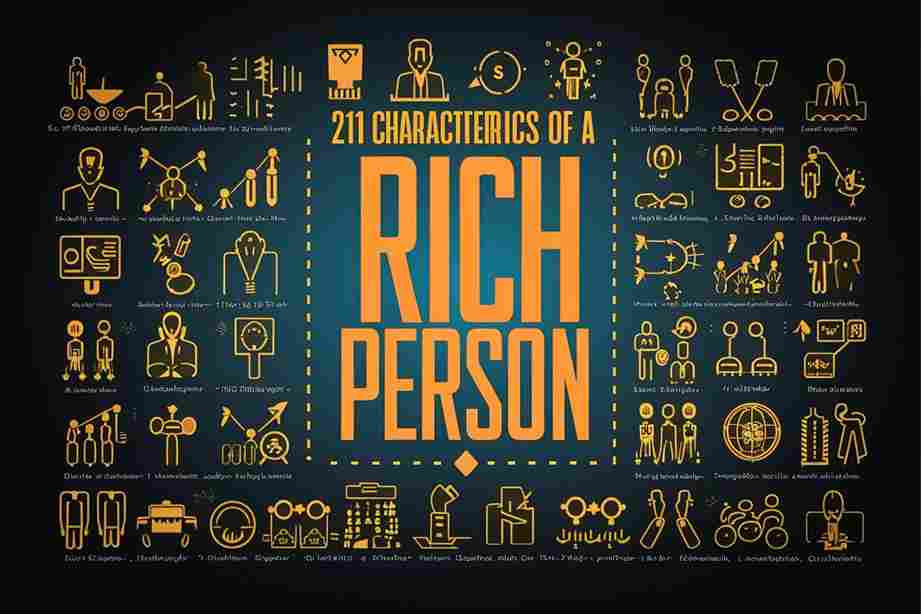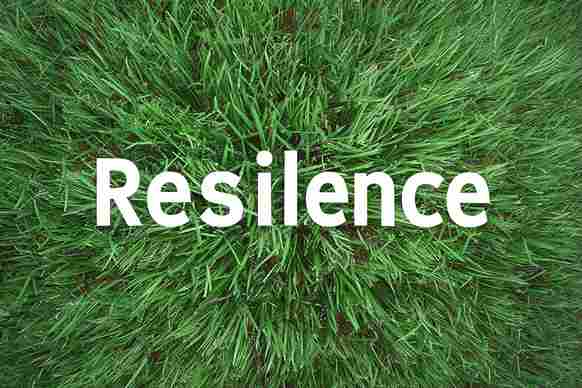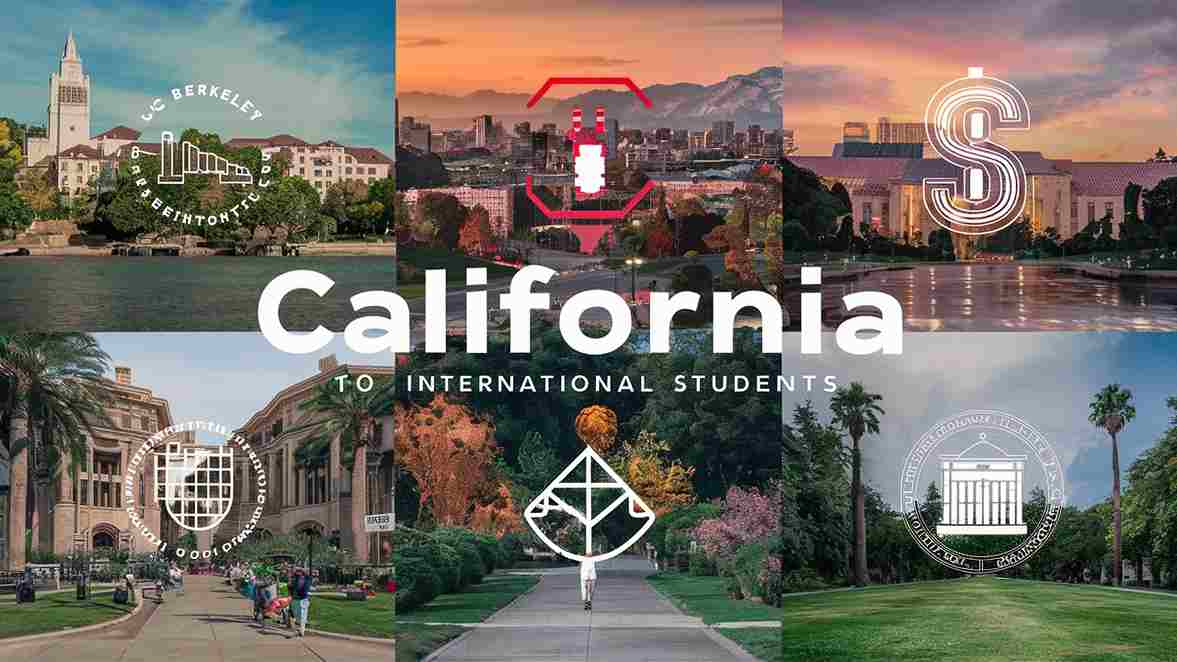25 Cute Long Distance Valentines Day Ideas – Valentine’s Day is a special occasion to celebrate love, but when you’re in a long distance relationship, it can be challenging to feel close to your partner.
However, distance doesn’t have to dampen your Valentine’s Day spirit. With a little creativity and attention, you can still make this day memorable and romantic.
In this blog post, we will explore 25 cute long distance Valentines Day ideas to help you feel connected to your loved one.
25 Cute Long Distance Valentines Day Ideas

Reading this article on “25 Cute Long Distance Valentines Day Ideas” is important because it offers creative ways to connect with your partner despite the distance.
Virtual Dinner Date – Plan a romantic dinner together over a video call. Set the mood with candles, soft music, and your favorite dishes.
Send a Care Package – Put together a mindful care package filled with your partner’s favorite snacks, a handwritten love letter, and small gifts.
Love Letter Exchange – Write heartfelt love letters to each other and exchange them either digitally or through traditional mail.
Online Movie Night – Stream a movie or binge-watch a TV series together while video chatting. Don’t forget the popcorn.
Related – The 14 Best Sitcom Valentine’s Day Episodes
Create a Spotify Playlist – Compile a playlist of songs that remind you of each other or your favorite moments together.
Virtual Game Night – Play online games together or challenge each other to a game of 20 questions or trivia.
Surprise Video Message – Record a sweet video message expressing your love and appreciation for your partner, and send it unexpectedly.
DIY Craft Project – Get crafty and create something special for your partner, like a scrapbook of memories or a handmade gift.
Virtual Dance Party – Put on your favorite tunes and have a dance party in your respective locations, showing off your best moves to each other.
Plan a Future Trip – Spend time researching and planning your next adventure together, whether it’s a weekend getaway or a dream vacation.
Related – Optimism Is The Faith That Leads To Achievement
Online Cooking Class – Take an online cooking class together and learn how to make a new dish or dessert from the comfort of your own kitchens.

Send Virtual Flowers– Surprise your partner with a virtual bouquet of flowers or a personalized e-card to brighten their day.
Read a Book Together – Choose a book to read simultaneously and discuss your thoughts and favorite passages as you go along.
Virtual Museum Tour – Explore museums or art galleries online together, sharing your favorite exhibits and discussing the artwork.
Create a Photo Album – Compile a digital photo album of your favorite memories together, accompanied by captions and inside jokes.

Plan a Surprise Visit – If possible, plan a surprise visit to see your partner in person, even if it’s just for a short weekend getaway.
Send Surprise Snail Mail – Send surprise letters or postcards to your partner’s mailbox throughout the week leading up to Valentine’s Day.
Virtual Spa Night – pamper yourselves with a virtual spa night, complete with facemasks, bubble baths, and relaxation techniques.
Virtual Wine Tasting – Purchase the same bottle of wine and taste it together over a video call, sharing your thoughts on the flavors and aromas.
Create a Joint Bucket List – Make a list of activities and experiences you want to share together in the future, inspiring excitement and anticipation.
Plan a Virtual Scavenger Hunt – Create clues and challenges for your partner to solve virtually, leading to a surprise Valentine’s Day message or gift.
Watch the Sunset Together – Coordinate a time to watch the sunset simultaneously while video chatting, enjoying the beauty of nature together.
Virtual Karaoke Night – Sing your hearts out with a virtual karaoke session, belting out your favorite love songs for each other.
Share a Virtual Memory Box – Create a shared digital folder filled with photos, videos, and mementos of your relationship to revisit whenever you’re feeling nostalgic.
End the Day with a Sweet Goodnight – Close out Valentine’s Day by wishing each other a sweet goodnight and expressing your love and gratitude for one another.
Long distance relationships may have their challenges, but they also provide opportunities for creativity, communication, and strengthening your bond.
This Valentine’s Day, make the distance feel a little shorter with these cute and thoughtful ideas to show your partner how much you care. I hope you like these 25 cute long distance valentines day ideas.
Happy Valentine’s Day!











